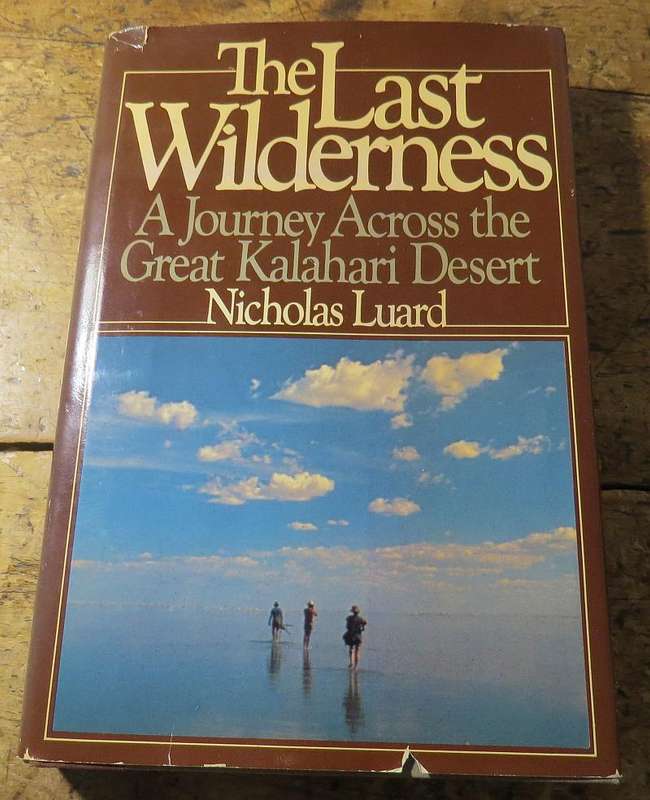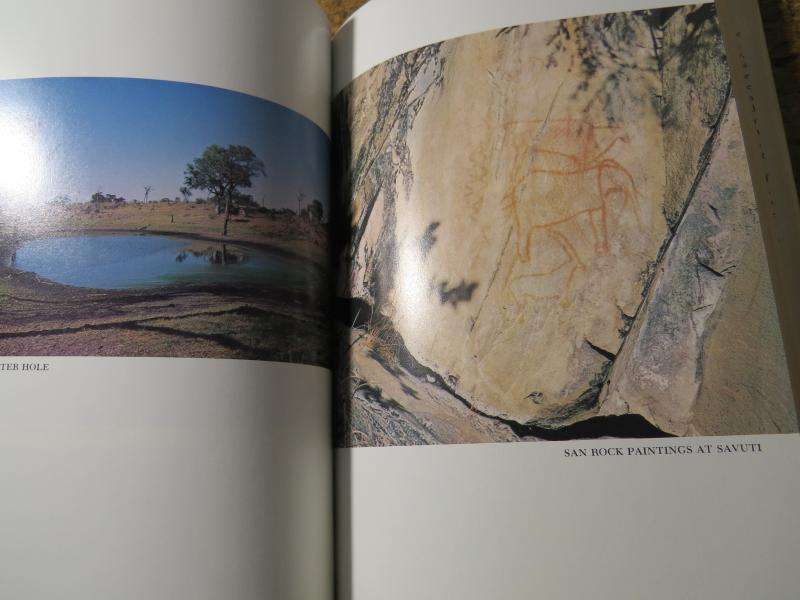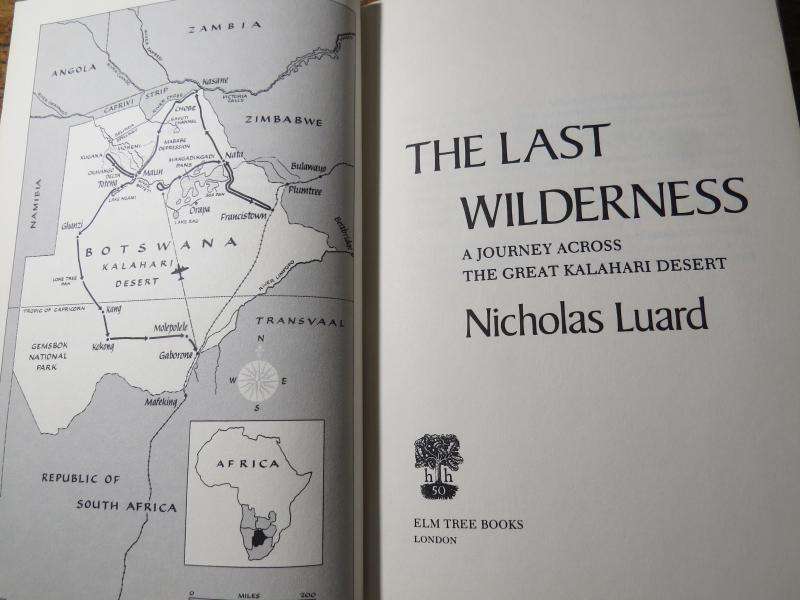Nicholas Luard had heard all his life about a legendary black leopard that inhabited the Great Kalahari Desert. He had also heard the question asked, and was unable fully to answer: Why should we love or respect the wilderness? He went out to the desert in search of both leopard and answer.
Luard failed in his first quest: he did not find the leopard. In the second, he succeeded. He found the reasons for loving all life: a mystical answer to his question was to be found in the absolute inter-dependence and the perfect balance of nature in the Great Kalahari. In this last untrammeled giant wilderness, the chain of life is visible and heart-stopping, and Luard has written a paean to its beauty and, as well, the most moving story of ecology since Rachel Carsons The Sea Around Us. Novelist, explorer, and naturalist, Luard was accompanied by his wife, a painter; three raffish companions; and an old white hunter. They lived a strange and glorious adventure. They retraced the steps of the obsessed and haunted Dr. Livingstone; they camped with the vanishing San desert Bushman, the little golden people; they found the trail of the nineteenth-century adventurer Farini, who claimed to have discovered King Solomons mines.
Luards account of his search takes us two thousand miles over the sands and among the wildlife of a region that is called the cradle of life. The journey was dangerous, arduous, hilariously funny. In The Last Wilderness the reader takes this trip, bears the discomforts, is terrified by the dangers, is awed by the beauty and ferocity of the life and the conditions. He is saddened at what is probably the beginning of an end to the Kalahari, and he learns something profound about how nature is arranged so that every part fits into a whole, from the lordly elephant down to the smallest scavenger. If man (or beast or nature) removes or destroys one part, the chain of life is broken, and everything perishes.
The Last Wilderness is a terrific story - full of mishaps, near-disasters, hazards, drinking, joking, meetings with the strange wilderness-junkies who wander around the desert as well as the last of the white hunters - now businessmen. Today the citadel is under siege. If it falls, man will lose the irreplaceable archives of his beginnings. Rich in character and incident, The Last Wilderness is both a magnificent celebration of the wild, and a passionate demand that we not burn the living evidence of our past. Nicholas Luard lives in London and travels the world.











